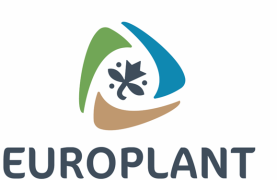Abstract
Seed costs significantly impact potato crop production, especially in tropical and subtropical regions. Aeroponics provides a cost-effective alternative for seed production in these areas. Additionally, plant growth–promoting microorganisms (PGPMs) can enhance plant yield. This study assessed the impact of PGPMs on the performance of potato cultivars in aeroponic seed production through three stages: (i) in vitro selection of microorganisms for inclusion in the aeroponic nutrient solution, (ii) evaluation of agronomic variables in potato cultivation with PGPMs in aeroponics, and (iii) nutritional analysis of minitubers produced in aeroponics with PGPMs inoculation. Laboratory tests evaluated microorganism survival in the nutrient solution. Bacillus subtilis, Azospirillum brasilense, and Trichoderma sp. (D11) were selected for further study based on their performance. By the end of the second stage, plant roots were colonized by these microorganisms. PGPMs generally increased the number of stolons, initiated minitubers, and harvested minitubers but did not affect the dormancy period of minitubers. Trichoderma sp. (D11) increased total yield by 31% compared to the control, reaching 1176 minitubers m−2 (18.4 minitubers plant−1). Except for sulfur and manganese, the content of all studied nutrients increased with the PGPM use and may be influenced by the genotype. The application of PGPMs in the aeroponic nutrient solution is promising, as it enhances both the yield and nutritional quality of minitubers.















